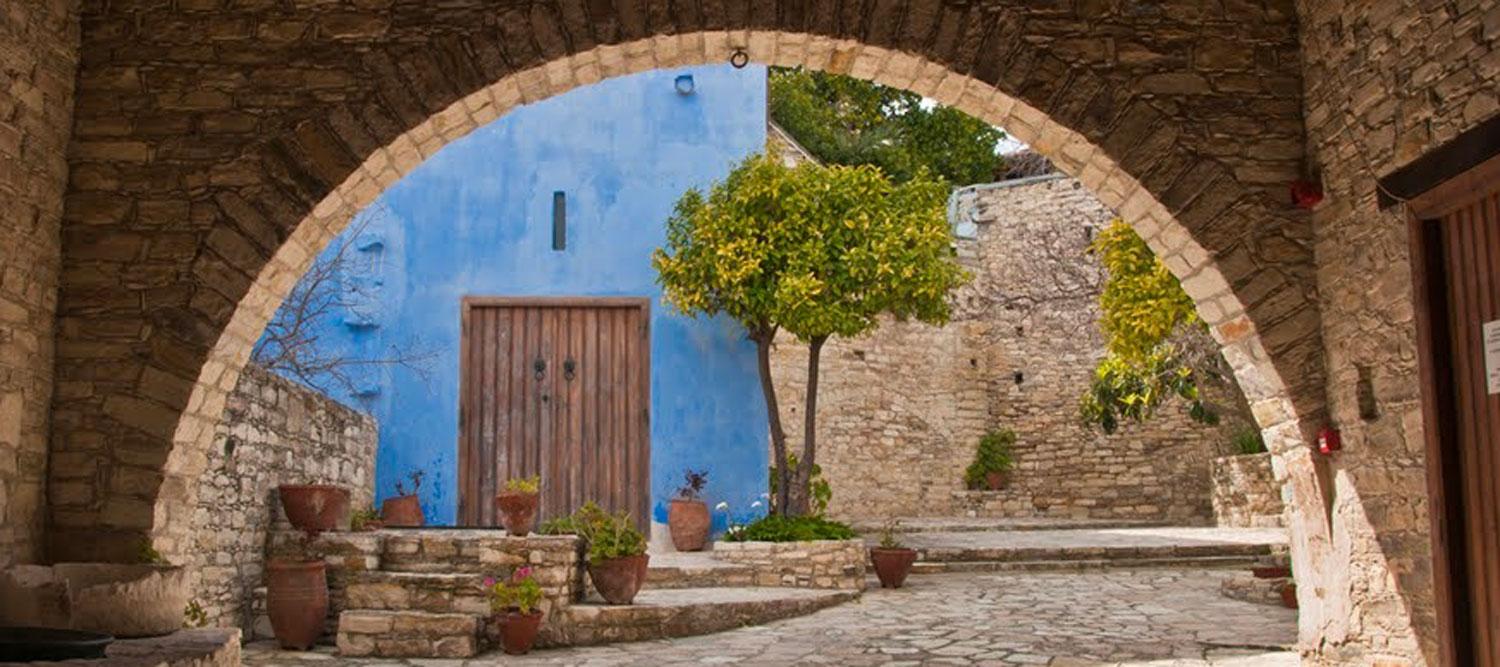Serious problems related to the ineffective management of Turkish Cypriot houses in Pano Lefkara became the main topic of discussion during a recent meeting between the chairman and members of the Parliamentary Committee on Refugee Affairs, as well as representatives of government departments.
According to the village mayor, Sofoklis Sofokleous, many citizens have unlawfully occupied two or three residences and use them as storage spaces. This practice has become possible due to the negligence of the Turkish Cypriot Property Management Service, which for decades has failed to provide proper oversight. Today, around 18% of all buildings in Pano Lefkara are houses abandoned by their lawful owners back in 1963, after the start of intercommunal clashes.
Dangerous and Abandoned Houses — A Threat to the Village
The mayor stressed that the current situation calls into question the effectiveness of municipal property management. Many houses are in a dilapidated condition and pose a real danger to local residents. Some buildings have already partially collapsed, damaging the historical image of the village.
Sofokleous noted that many lease agreements between the state and citizens are effectively not being honored, and the properties continue to remain vacant and deteriorating. This situation, he said, contradicts the principles of fairness and good governance, especially since hundreds of young families continue to wait for housing.
Call for Investigation and Restoration of Legality
The mayor of Lefkara demanded that the Parliamentary Committee conduct an official investigation into cases of abuse in the management of Turkish Cypriot houses. Within 40 days, the responsible agency must present a detailed list of all legitimate tenants.
Sofokleous insists that properties in poor condition or occupied illegally should be reassigned to those truly in need, particularly young couples who have applied for housing. According to the mayor, restoring justice and transparency in managing this property fund will be an important step toward solving the housing problem in the mountainous areas of Larnaca.

Historical Heritage and the Need for Preservation
Pano Lefkara is one of the oldest settlements in Cyprus, where representatives of both communities lived together until 1963. A Turkish Cypriot mosque and cemetery have been preserved there as part of the island’s cultural heritage. The mayor emphasized that the municipality’s goal is not only to restore legality but also to preserve the historical character of this unique area.
In addition, Sofokleous stated that the authorities plan to thoroughly examine all cases of land use involving Turkish Cypriot properties, some of which have been cultivated without authorization by local residents. The municipality intends to ensure strict adherence to existing criteria and restore lawful order in the allocation of land.
Development Prospects and State Oversight
The issue of managing Turkish Cypriot houses and lands remains one of the most complex in Cyprus. Against the backdrop of government efforts to reform housing policy and support young families, such cases of uncontrolled property use provoke public outrage.
Experts note that once the inventory is completed and order is restored, Pano Lefkara could become an example for other municipalities, demonstrating how historical heritage can be preserved while upholding the law and ensuring social justice.
